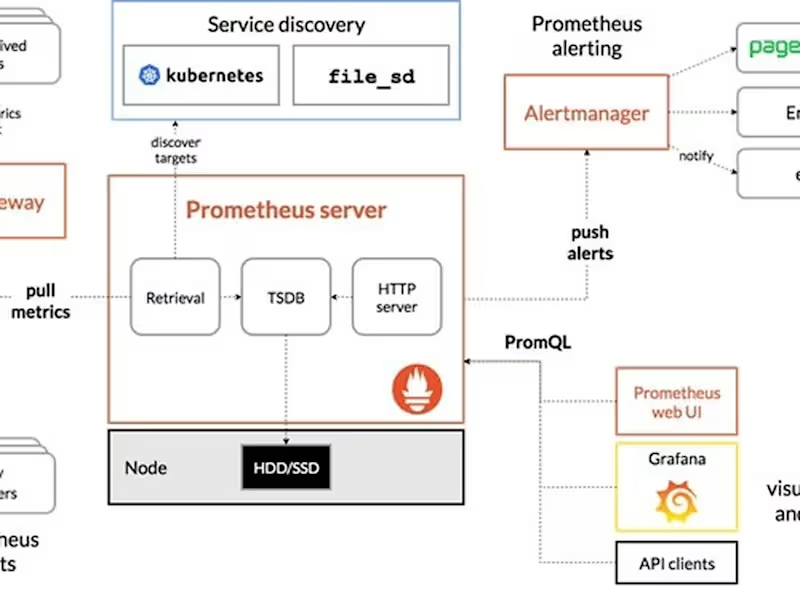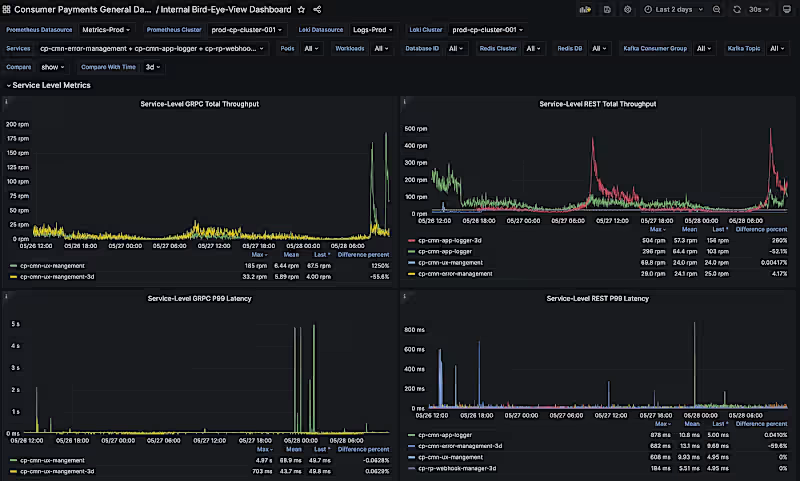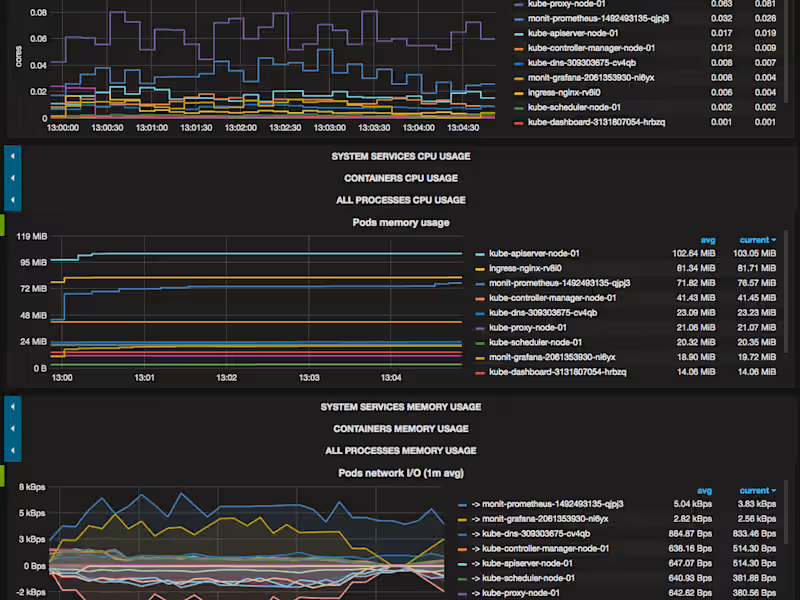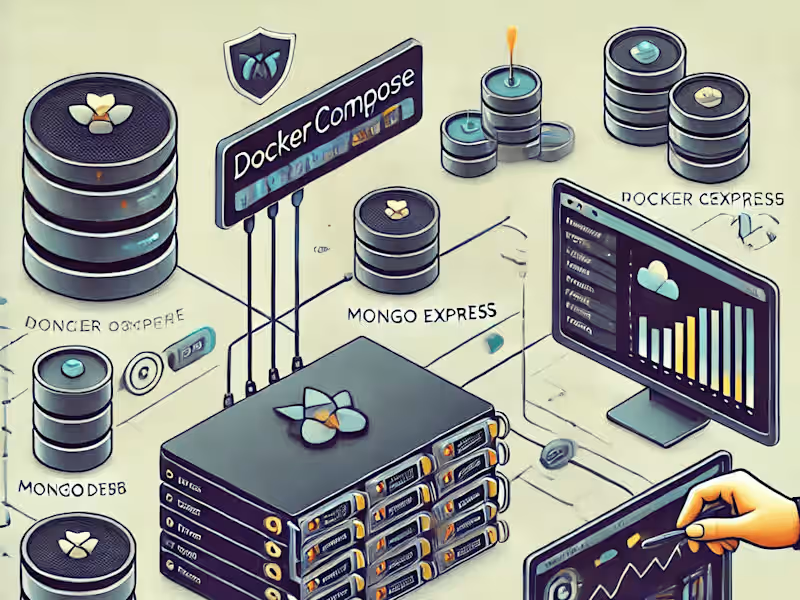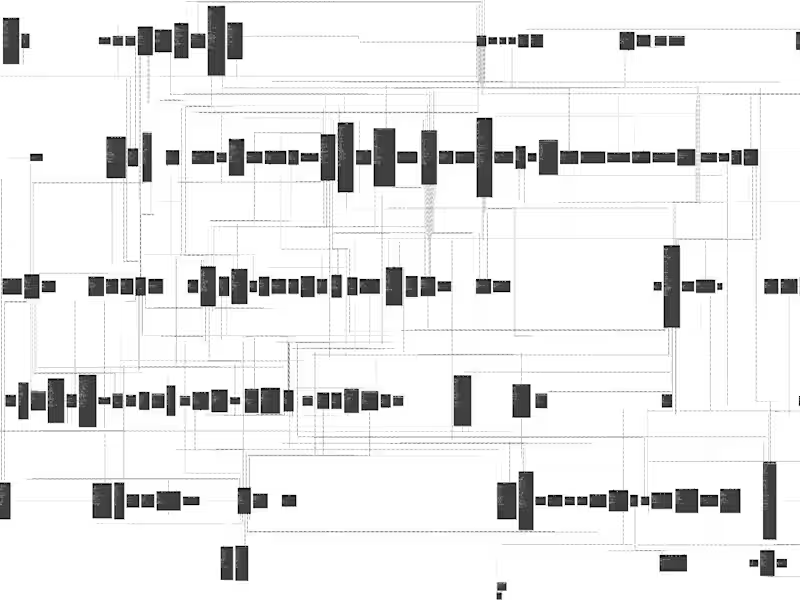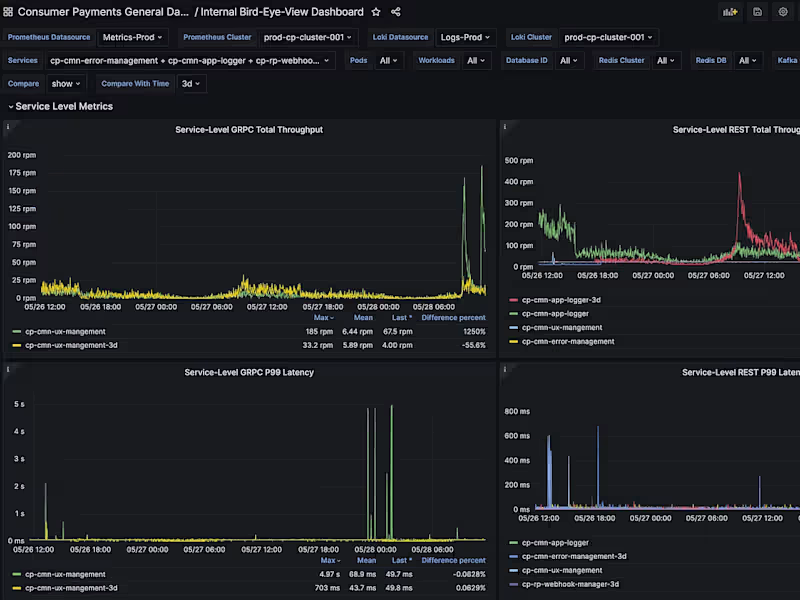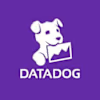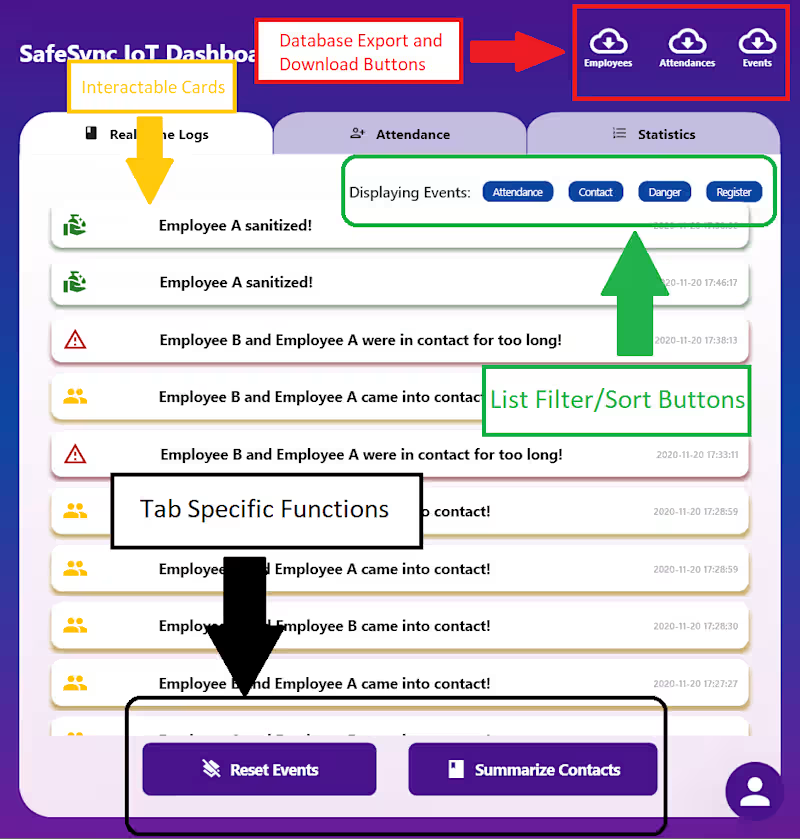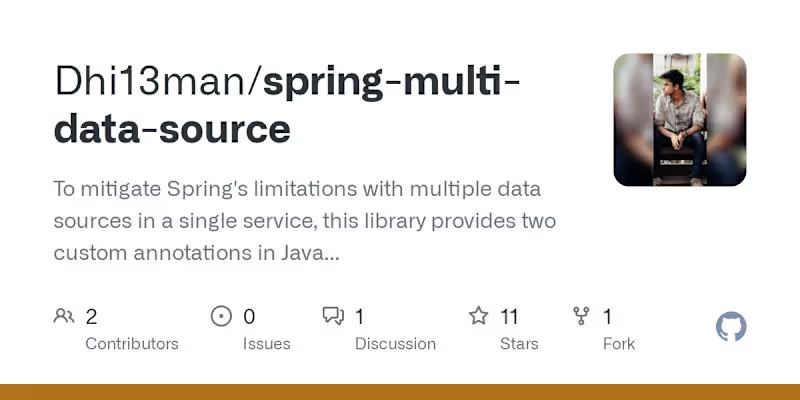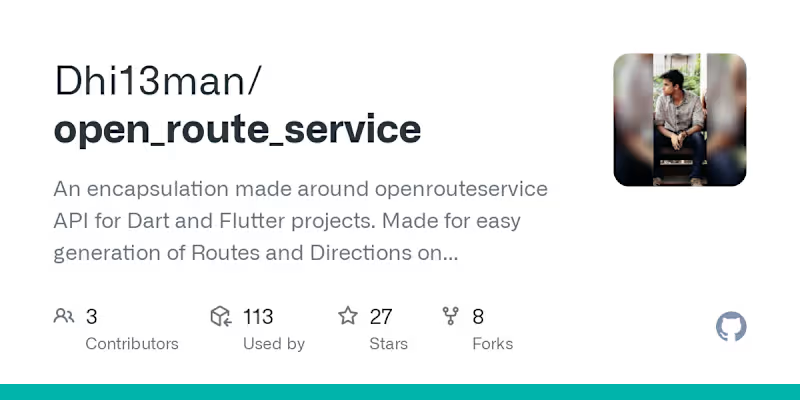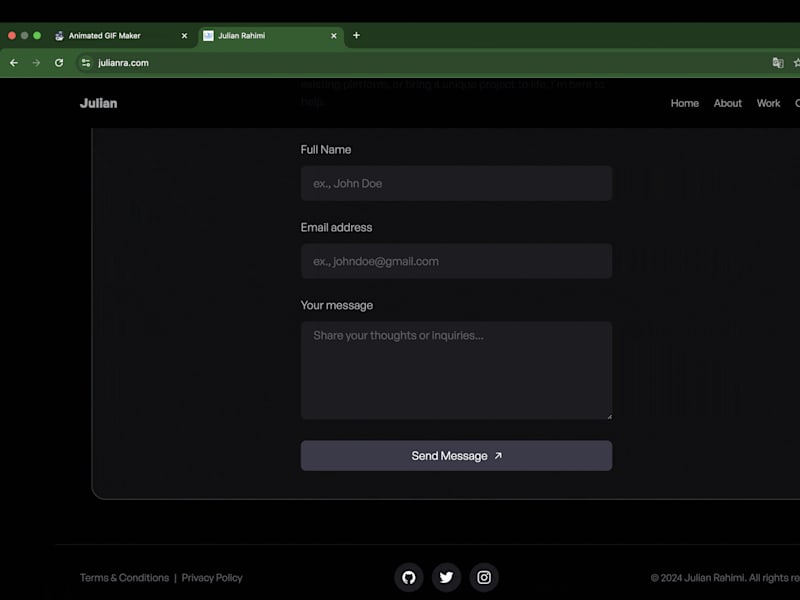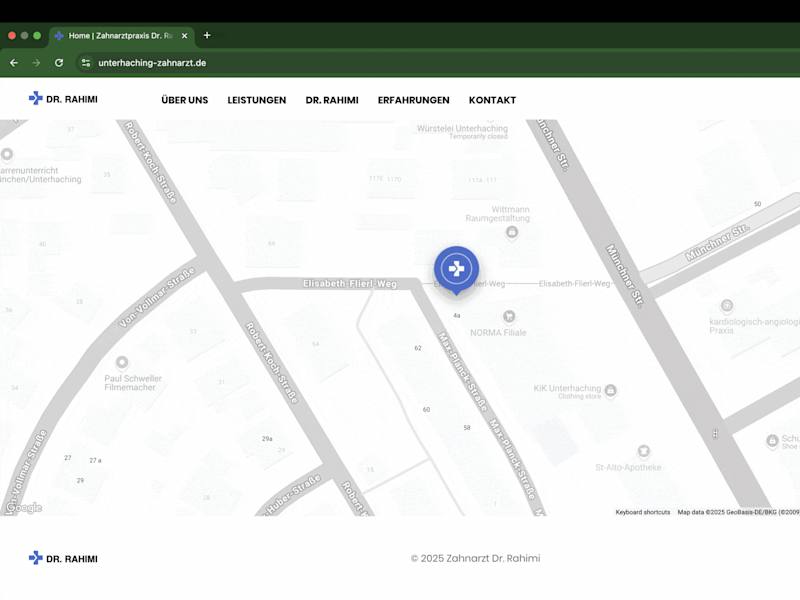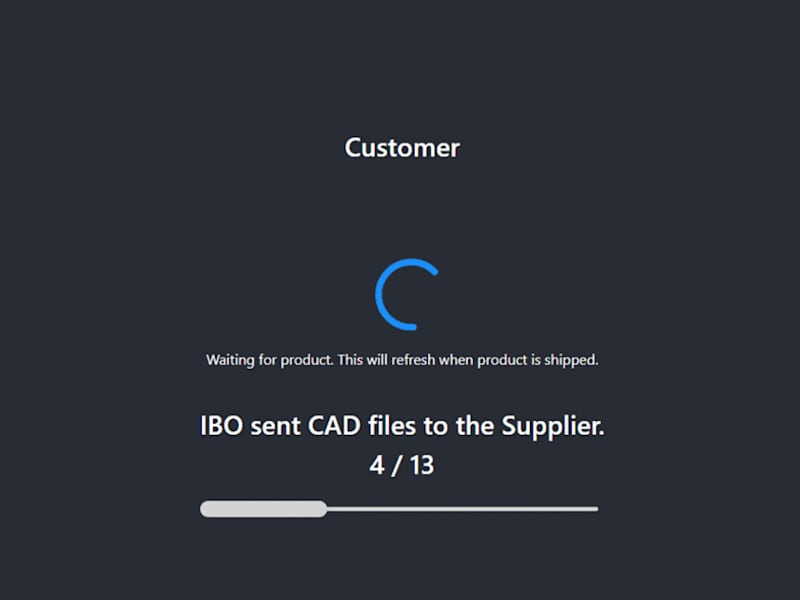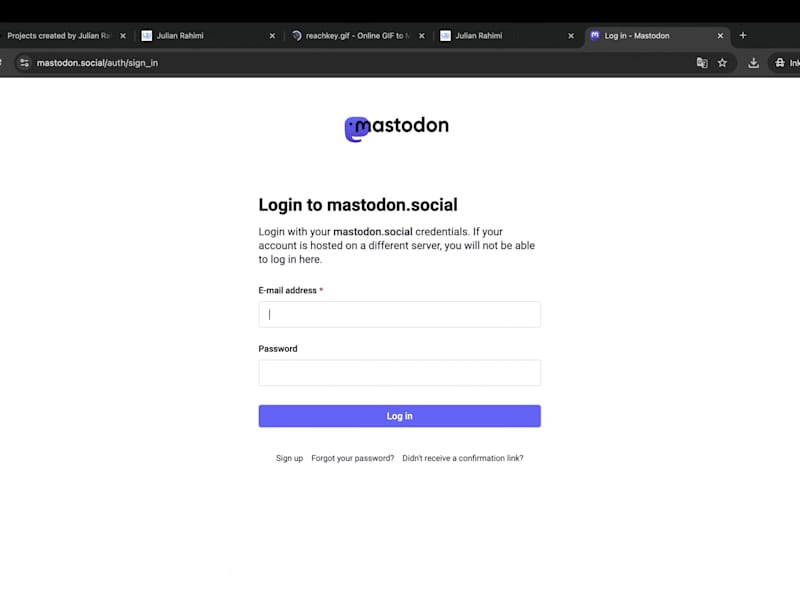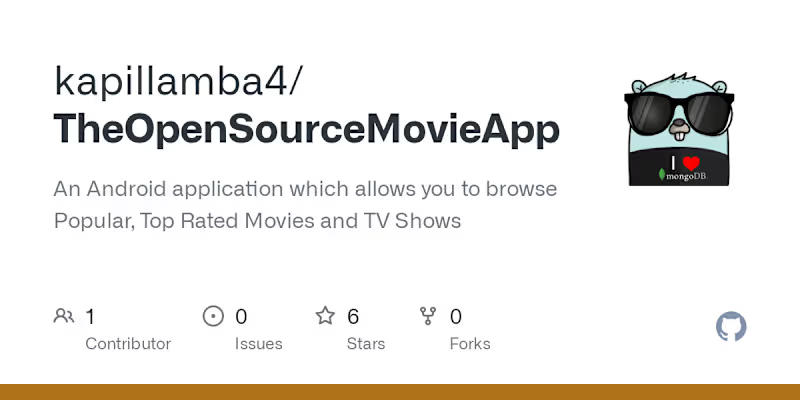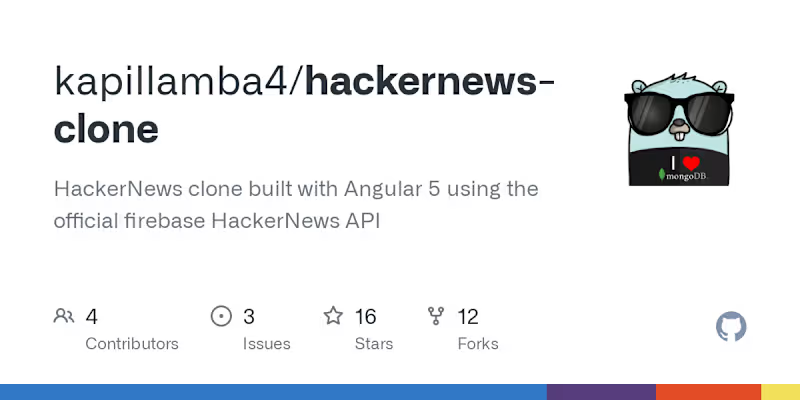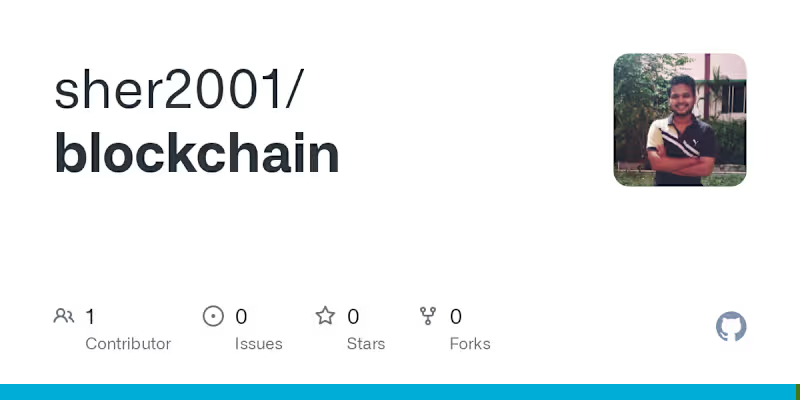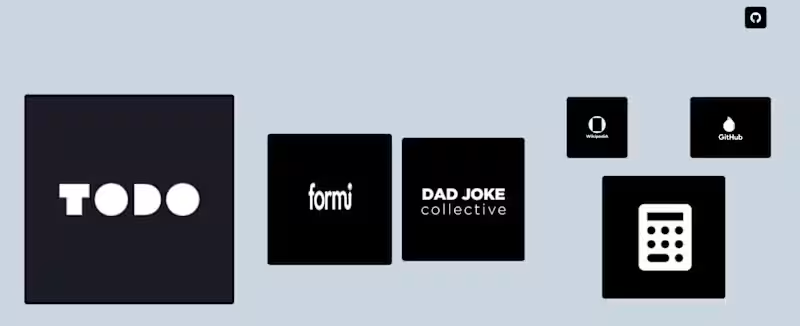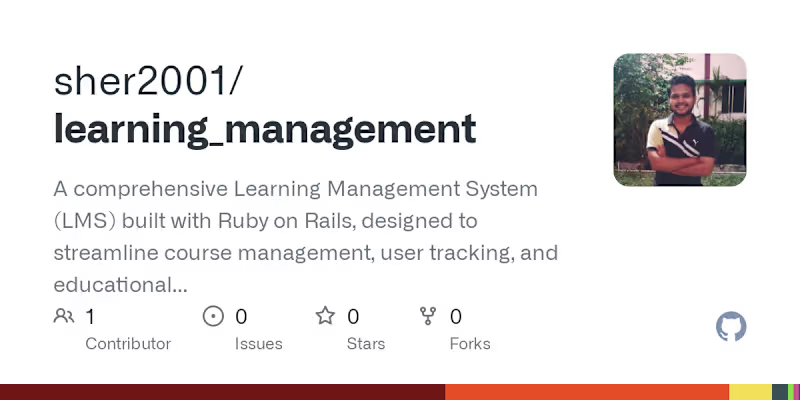Additional resources
What Are Prometheus Freelancers
Core Monitoring Expertise
Cloud-Native Infrastructure Specialists
DevOps Integration Professionals
Essential Skills to Look for When You Hire Prometheus Freelancers
PromQL Query Language Mastery
Metric Pipeline Design Capabilities
Alertmanager Configuration Expertise
Custom Exporter Development Skills
Kubernetes Monitoring Experience
Where to Find Qualified Prometheus Developers
Professional Developer Networks
Technical Communities and Forums
Certification Program Directories
Remote Work Marketplaces
How to Evaluate Prometheus Contractors
Technical Assessment Methods
Real-World Scenario Testing
Portfolio Review Criteria
Reference Check Strategies
Rate Structures for Prometheus Monitoring Specialists
Entry-Level Pricing Ranges
Mid-Level Developer Rates
Senior Expert Compensation
Specialized Skill Premiums
Geographic Rate Variations
Writing Effective Job Posts for Prometheus Experts
Specific Technical Requirements
Clear Project Scope Definition
Required Certification Listings
Expected Deliverables and Outcomes
Key Interview Questions for Prometheus Freelancers
1. Metric Collection Architecture Questions
2. PromQL Query Optimization Tests
3. Alert Configuration Scenarios
4. Integration Challenge Examples
5. Troubleshooting Case Studies
Common Challenges When Working with Prometheus Contractors
Metric Cardinality Management Issues
Alert Fatigue Problems
Security Configuration Risks
Communication and Documentation Gaps
Contract Structuring for Prometheus Projects
Phase-Based Payment Models
Milestone Definition Strategies
Performance Metrics and SLAs
Intellectual Property Considerations
Best Practices for Managing Remote Prometheus Developers
Code Review Processes
Collaboration Tool Selection
Progress Tracking Methods
Knowledge Transfer Protocols
Integration Requirements for Prometheus Specialists
Grafana Dashboard Development
Infrastructure as Code Implementation
CI/CD Pipeline Monitoring
Multi-Cloud Environment Support
Future-Proofing Your Prometheus Monitoring Team
Certification Investment Strategies
Continuous Learning Programs
Hybrid Team Models
AI-Enhanced Monitoring Tools
What Are Prometheus Freelancers
Core Monitoring Expertise
Cloud-Native Infrastructure Specialists
DevOps Integration Professionals
Essential Skills to Look for When You Hire Prometheus Freelancers
PromQL Query Language Mastery
histogram_quantile() for latency analysis and implement sophisticated alerting logic using prediction functions and anomaly detection patterns.



























